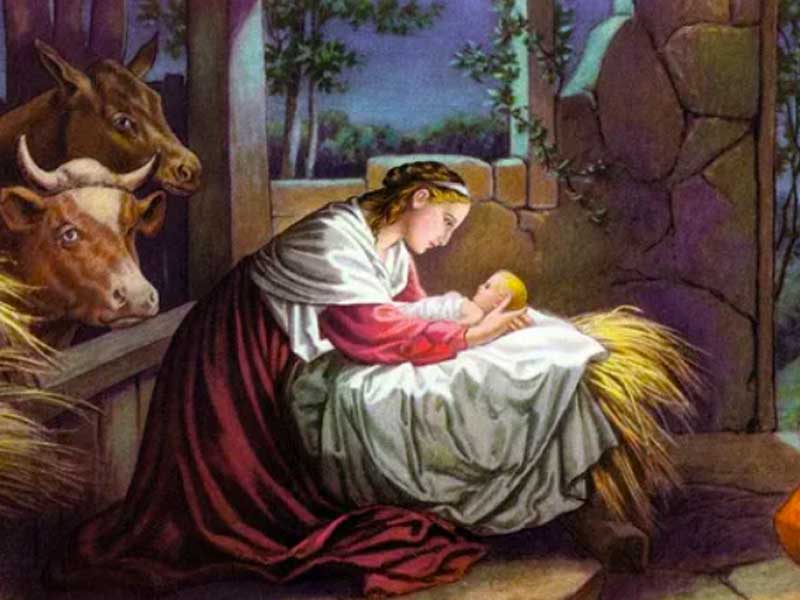Thorn Ville Church – One of the most well-known and beloved parables in the Bible is the Parable of the Lost Sheep. Found in Luke 15:3-7 and Matthew 18:12-14, this story illustrates God’s immense love and relentless pursuit of those who have strayed from Him. Jesus used this parable to emphasize how much God values each individual and how Heaven rejoices when even one lost soul is restored.
The parable tells of a shepherd who has one hundred sheep. When he notices that one has gone missing, he leaves the ninety-nine and goes in search of the lost one until he finds it. Upon finding the sheep, he joyfully carries it home and celebrates with his friends and neighbors, saying, “Rejoice with me; I have found my lost sheep!”
The Symbolism in the Parable
Like all of Jesus’ parables, the story of the lost sheep is rich with meaning and symbolism:
- The Shepherd represents God or Jesus Christ, who is depicted as the Good Shepherd throughout the Bible.
- The Sheep represents people, particularly those who have wandered away from God’s will.
- The Lost Sheep symbolizes sinners or those who have drifted from faith and need to be brought back.
- The Act of Searching illustrates God’s relentless and loving pursuit of the lost.
- The Celebration reflects the joy in Heaven when a sinner repents and returns to God.
God’s Personal and Relational Love
This parable highlights the deeply personal and relational nature of God’s love. Unlike a mere overseer who prioritizes numbers over individuals. The shepherd in the story demonstrates great concern for the one sheep that is missing. God does not simply love humanity as a collective whole; He loves each person individually and intimately. The parable reassures us that no matter how far we stray. God is always searching for us, eager to bring us back into His fold.
The Role of Repentance and Grace
While the parable emphasizes God’s pursuit of the lost, it also underscores the significance of repentance and grace. When a person recognizes their spiritual lostness and turns back to God, there is overwhelming joy and celebration in Heaven. The story serves as a powerful reminder that God’s grace is always available. And also no one is ever too lost to be found by Him.
The Message for Believers Today
For modern believers, the Parable of the Lost Sheep carries several important lessons:
- God’s Love is Unconditional – Regardless of past mistakes, God’s love remains constant and unwavering.
- Evangelism is Crucial – Just as the shepherd actively searches for the lost sheep, Christians are called to reach out and help guide others back to God.
- Heaven Celebrates Repentance – Every soul matters, and every act of returning to God is met with immense joy.
- No One is Beyond Redemption – Whether someone feels distant from God due to sin, hardship, or doubt, this parable reassures that restoration is always possible.
How We Can Reflect God’s Love in Our Lives
Beyond understanding the parable, we are called to embody its message in our daily lives. Here are some ways we can reflect God’s endless pursuit of the lost:
- Extend grace and forgiveness to those who may have strayed.
- Be compassionate and patient with those struggling with faith.
- Encourage and uplift others in their spiritual journey.
- Share the Gospel so that more people may experience the joy of being found by God.
The Parable of the Lost Sheep is not just a lesson about God’s love it’s also a call to action for believers to mirror that love in their own lives. By seeking out those who feel lost, offering kindness, and pointing them back to God. We can participate in His divine mission of redemption.
“Read More: Crafting Clarity: How Precision Creates Lasting Impact”






